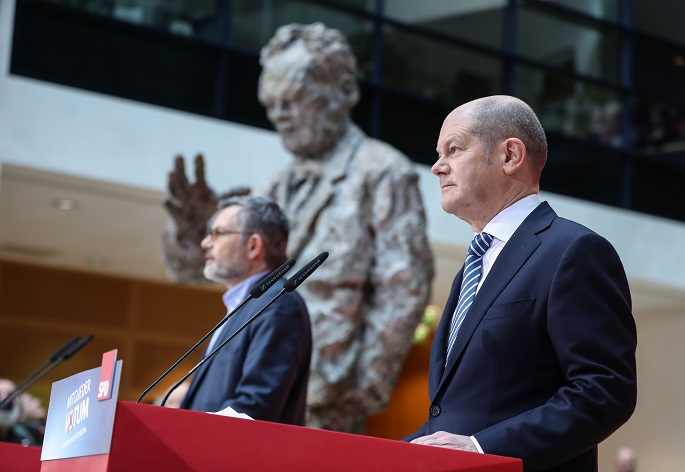Finland hopes German´s EU policies remain unchanged
Published : 05 Mar 2018, 00:31
Updated : 05 Mar 2018, 00:34

Leading Finnish politicians showed relief on Sunday following a political breakthrough in Germany which ended the five-month-long stalemate and would lead to the establishment a new German government.
Both Prime Minister Juha Sipilä and Foreign Minister Timo Soini expressed hope that current German policies towards the European Union (EU) would continue under the upcoming new government led by German Chancellor Angela Merkel.
Sipilä said on national broadcaster Yle he had been in contact with Merkel on several occasions during the talks to form a new government, and Merkel had assured Sipilä that the policy of Germany would not change.
"Our stands are fairly close to each other on the progress towards a banking union and towards correcting the faults that were behind the banking crisis", said Sipilä. "Joint responsibility must not grow uncontrollably", Sipilä added.
Soini told Yle he is "fairly confident" that Germany will not change the economic policies now, but he added that it remains to be seen "how large the impact of the pressure from the Social Democrats is".
Antti Rinne, leader of Social Democratic Party, which is the main opposition in the parliament, dismissed the joint responsibility on debts, but he expressed backing towards more unified economic policies for the EU. He mentioned a possible minimum corporate tax level.
Both Sipilä and Soini said the loss of revenue caused by the departure of Britain, should not be compensated through increasing the share of burden. Sipilä said, however, that through the economic growth in the EU the actual payment from member countries may increase, but the percentage should remain the same, at one percent of the gross national income.
Rinne said focus should be on how the EU spending is used. Rinne stressed the needs for education and for investments that boost the growth.

